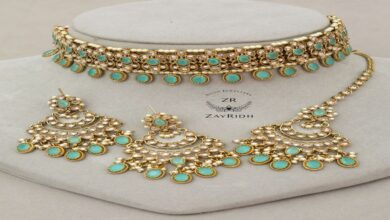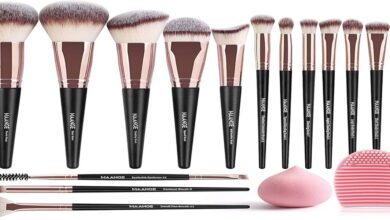The Art and Science of Makeup Unveiling the Beauty Within

Makeup, a multifaceted artistry that transcends time and culture, has evolved into a pivotal component of self-expression and enhancement. From ancient civilizations to modern-day runways, makeup has continuously adapted, reflecting societal norms, personal creativity, and technological advancements. This transformative practice blends creativity with science, empowering individuals to explore and redefine their identities. In this exploration, we delve into the rich history, scientific innovations, cultural impacts, and the profound psychological effects of makeup.
A Historical Tapestry
The history of makeup is as diverse as it is ancient. Dating back millennia, makeup has been integral to rituals, cultural practices, and status symbols across civilizations. Ancient Egyptians adorned themselves with kohl and pigments, believing makeup held magical and protective properties. In ancient Greece and Rome, cosmetics were symbols of social status and were used in religious ceremonies. During the Renaissance, makeup took on an aristocratic flair, with pale skin, rosy cheeks, and defined eyebrows signifying wealth and refinement.
The 20th century witnessed the democratization of makeup, as it became accessible beyond the elite. Icons like Max Factor and Elizabeth Arden pioneered products for the masses, while Hollywood popularized glamorous looks through cinema. The 1960s brought bold experimentation with colors and styles, mirroring societal shifts towards individualism and freedom. Today, makeup continues to evolve, shaped by technology, sustainability, and a growing emphasis on inclusivity and diversity.
Science Behind Beauty
Beyond its artistic allure, makeup intertwines with science in intricate ways. Formulations are meticulously crafted to enhance skin texture, improve longevity, and deliver desired effects. Foundation, once a simple blend of oils and pigments, now incorporates cutting-edge technologies like microspheres and light-scattering particles to create flawless finishes. Innovations in nanotechnology have revolutionized skincare-infused cosmetics, promoting hydration, anti-aging benefits, and UV protection.
Cosmetic chemistry explores the interactions between ingredients and skin, ensuring safety and efficacy. The rise of clean beauty advocates for formulations free from harmful chemicals, embracing natural alternatives and sustainable practices. Moreover, advancements in digital imaging and augmented reality have transformed makeup trials, allowing consumers to virtually try products before purchase, enhancing convenience and reducing waste.

Cultural Significance
Makeup transcends geographical boundaries, playing a pivotal role in cultural identity and expression. In Japan, traditional geisha makeup symbolizes elegance and artistry, while South Asian brides adorn intricate henna patterns and vibrant colors for weddings. Indigenous communities worldwide incorporate natural pigments into ceremonial rituals, preserving ancestral traditions.
In the West, makeup serves as a tool for empowerment and self-expression, challenging societal norms and celebrating individuality. Movements like “Makeup for Men” destigmatize gender norms, encouraging inclusivity and diversity within the beauty industry. Social media platforms amplify diverse voices, fostering communities where makeup enthusiasts share techniques, product reviews, and personal narratives.
Psychological Impacts
The act of applying makeup extends beyond physical transformation; it evokes powerful psychological effects. Studies reveal that wearing makeup can enhance self-esteem, boost confidence, and improve mood. The ritualistic process of makeup application provides a therapeutic escape, offering moments of self-care and introspection. For many, makeup serves as a creative outlet, allowing individuals to experiment with different personas and express hidden facets of their personality.
Conversely, makeup-free movements promote natural beauty and challenge societal pressures to conform to unrealistic standards. Embracing bare-faced beauty advocates for self-acceptance and authenticity, encouraging individuals to redefine beauty on their terms.
The Future of Makeup
Looking ahead, the future of makeup promises further innovation and inclusivity. Technology will continue to drive personalized beauty solutions, with AI-powered skincare diagnostics and customizable makeup formulations tailored to individual preferences. Sustainability will remain a focal point, with brands prioritizing eco-friendly packaging, cruelty-free practices, and ingredient transparency.
Moreover, the beauty industry will increasingly champion diversity, expanding shade ranges to encompass a spectrum of skin tones and celebrating unique features. As societal attitudes towards gender, identity, and beauty evolve, makeup will serve as a canvas for self-expression, embracing fluidity and breaking down barriers.

Conclusion
Makeup transcends its cosmetic façade, intertwining artistry with science, culture, and psychology. Its evolution mirrors societal shifts, from ancient rituals to modern-day empowerment movements. As we navigate an ever-changing landscape, makeup continues to inspire creativity, confidence, and connection, affirming its timeless allure as a transformative and deeply personal medium of expression. Embracing diversity and innovation, makeup invites us to celebrate our individuality and reimagine beauty in all its forms.





